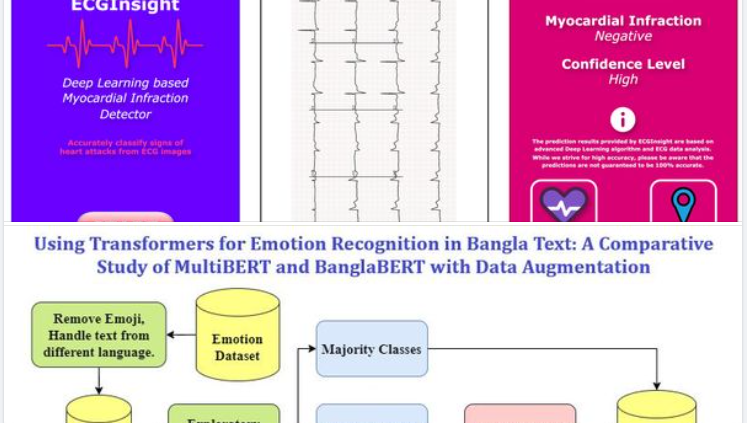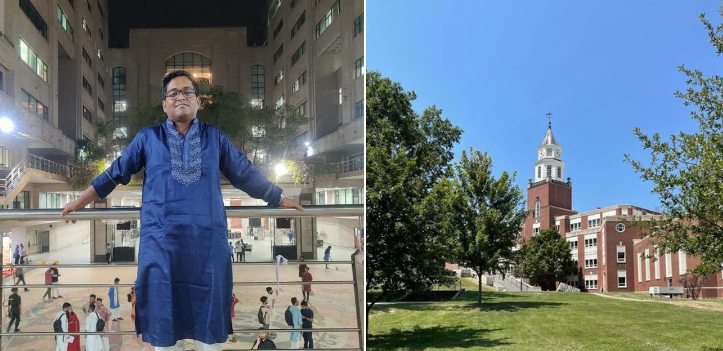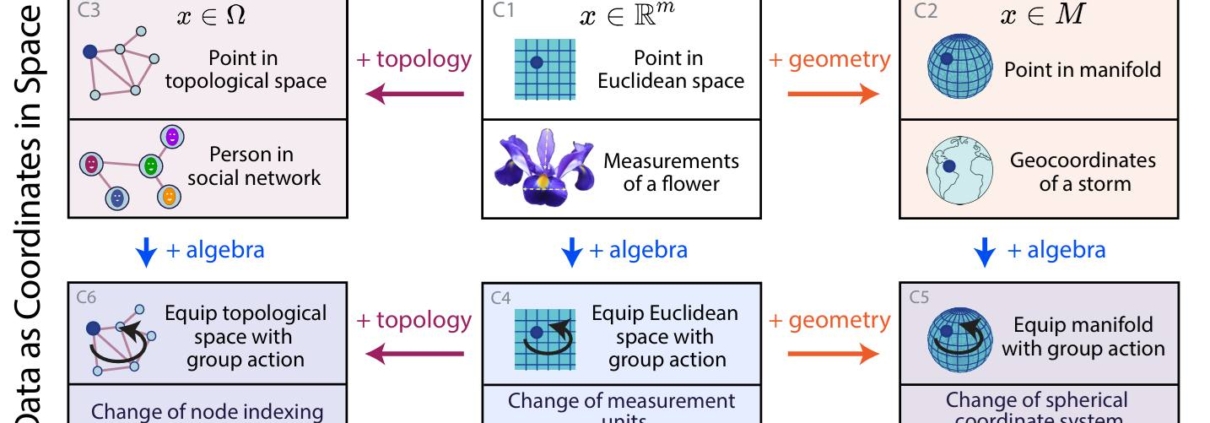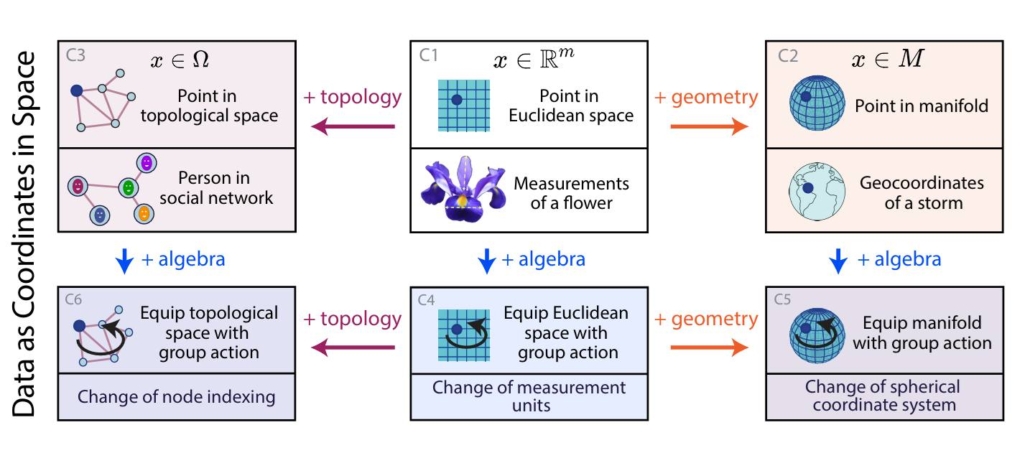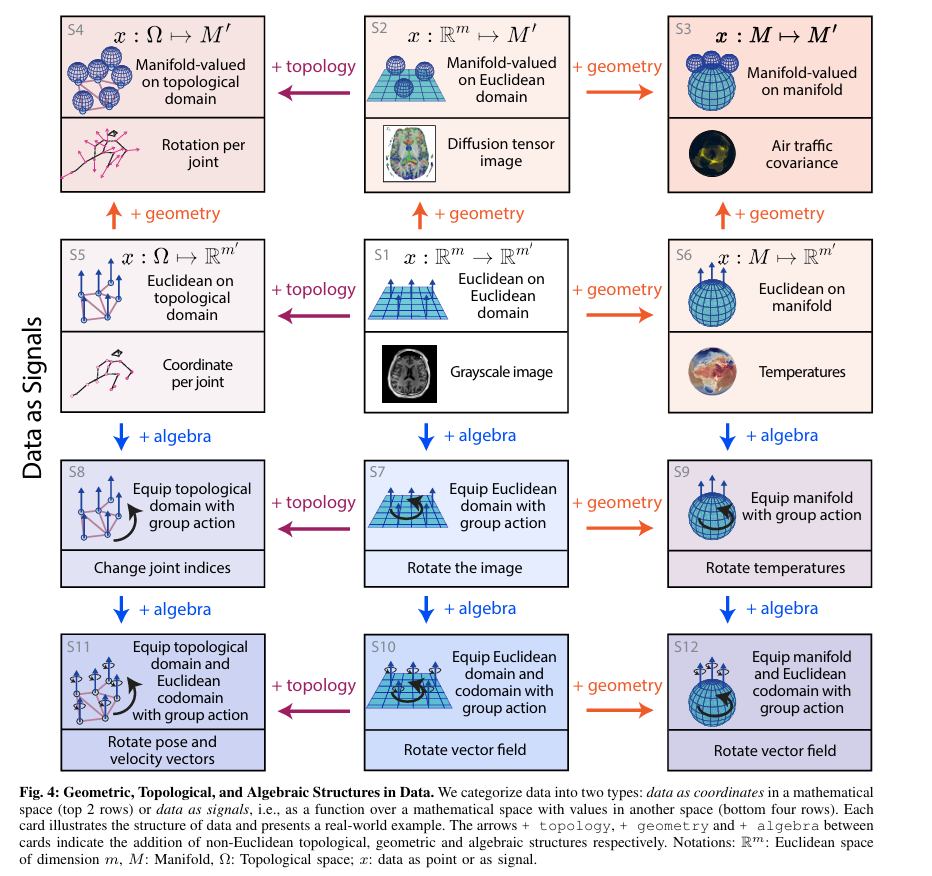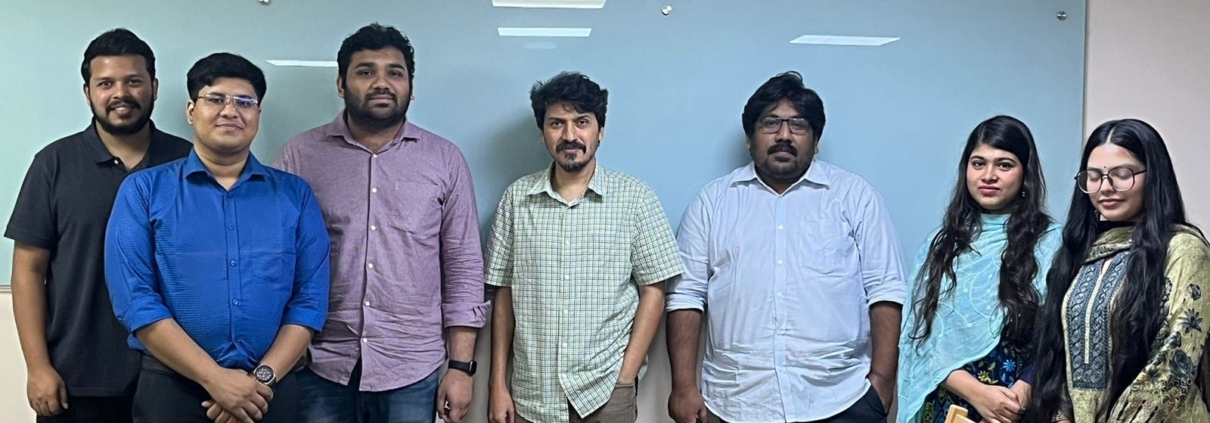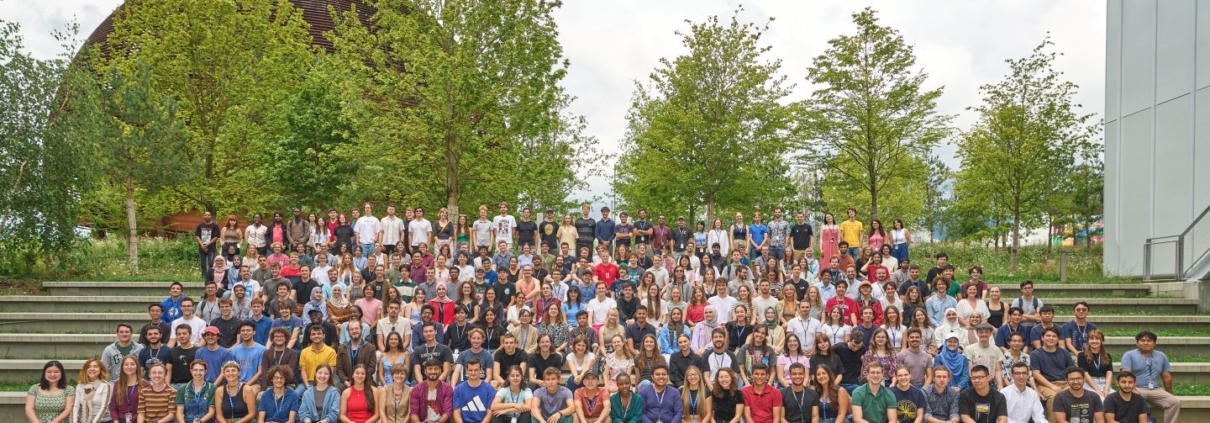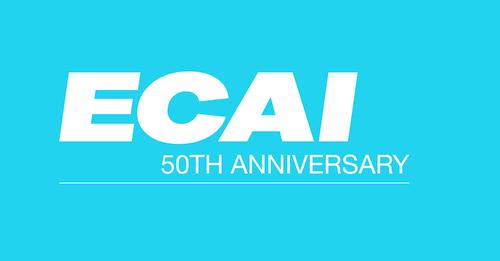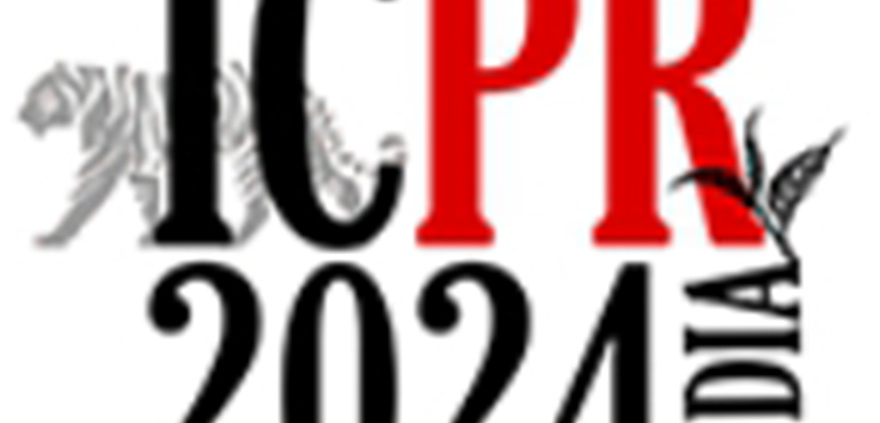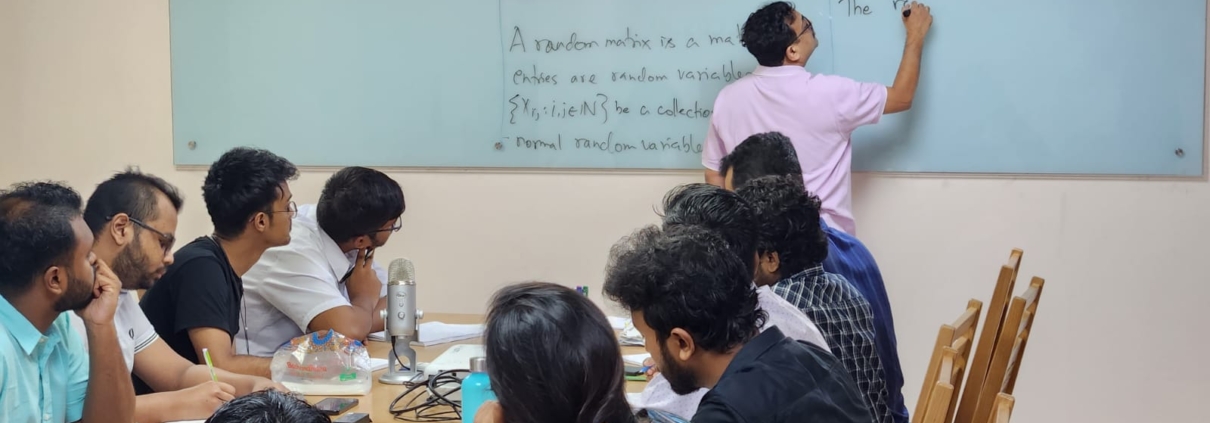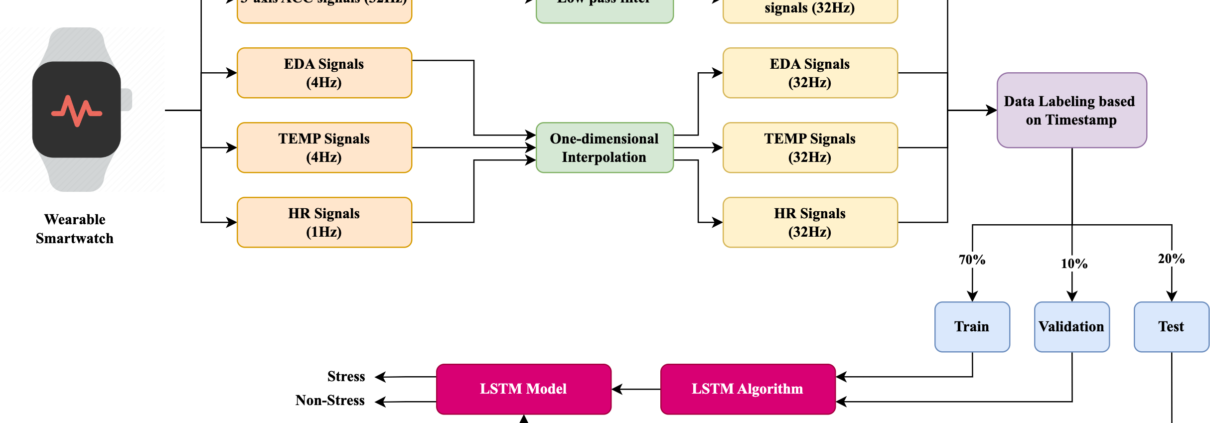Two papers by CCDS Senior RAs have been accepted at the prestigious IEEE 23rd International Conference on Machine Learning and Applications (ICMLA), USA!
![]() Huge Congratulations to Our Senior RAs!
Huge Congratulations to Our Senior RAs! ![]()
We are thrilled to announce that two papers by CCDS Senior RAs Nabarun Halder, Jahanggir Hossain Setu, Tanjina Piash Proma, and Syed Tangim Pasha have been accepted at the prestigious IEEE 23rd International Conference on Machine Learning and Applications (ICMLA), USA! ![]()
![]()
Accepted Titles:
“ECGInsight: A Web Application-Based Approach to Myocardial Infarction Detection From ECG Image Reports Utilizing ResNet”
and
“Using Transformers for Emotion Recognition in Bangla Text: A Comparative Study of MultiBERT and BanglaBERT with Data Augmentation”
With an impressive acceptance rate of just 24.3% this year, this is an excellent achievement. The hard work and dedication of our talented RAs, under the supervision of Dr. Ashraful Islam, have truly paid off.
Congratulations to the team for this remarkable success! ![]()
![]() We are incredibly proud of you all and excited to see your contributions making waves in the world of machine learning!
We are incredibly proud of you all and excited to see your contributions making waves in the world of machine learning! ![]()
![]()

